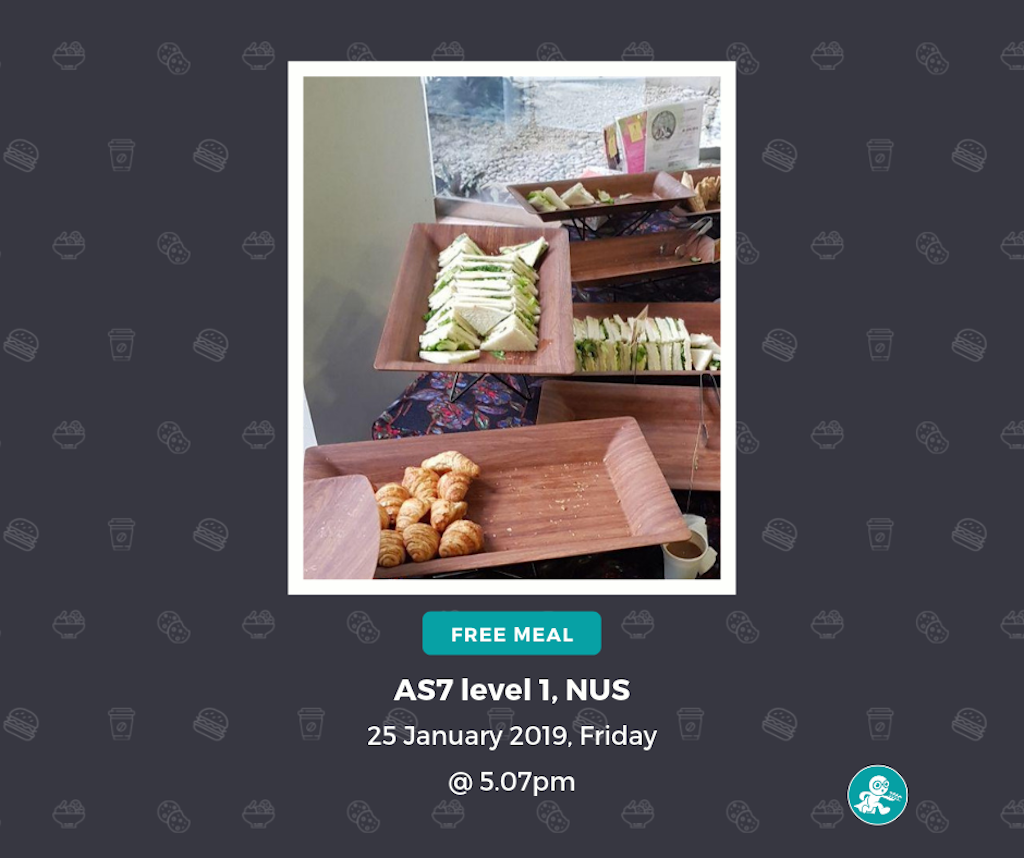3 Mins Read
A group of sustainability-minded students in Singapore have recently created an app called Makan Rescue to alert users to free leftover food nearby that would otherwise go to waste. Singapore, like many cities, is guilty of throwing out tonnes of food. The student-led initiative one of many positive steps arising in hopes of curbing food waste in the city.
Makan Rescue is an app developed and maintained by a team of university students in Singapore. It allows users to locate the exact venue where there is leftover food to be rescued and view the spread of food available. Users can also add to the database of “missions” by uploading information of where more leftover food needs to be rescued in the city, as well as notify others about it.

The group of Singaporean students were motivated to create the app after observing that there was a huge amount of food waste after most university events. Their goal is to provide students with good quality free food as well as reduce the issue of food wastage inherent in many urban cities. While the app only currently available for free for students tertiary institutions in Singapore, including SMU, NUS and NTU, the group hopes to expand and release the app to the public after improvements.
Apps such as Makan Rescue are a great step forward to help alleviate the huge food waste issue in the city. In Singapore, an average of 52 plates of nasi lemak are tossed out of every household every single year, according to a joint study by the Singapore Environment Council (SEC) and global consultancy firm Deloitte. In addition to ending up in the quickly overflowing landfill in Singapore, disposed food is typically sent to incinerators in the city. This process produces methane, a potent greenhouse gas that contributes to global warming.

With only 17% of food in Singapore being recycled in 2018, other community initiatives have also propped up in Singapore in hopes of promoting less food waste. Foodscape Collective, for instance, is a non-profit organisation hoping to raise awareness on food waste through public workshops on composting and non-food uses for veggies and fruit peels at home.
READ: 5 Ways To Reduce Food Waste At Home
There are also initiatives underway in Hong Kong, where food waste is also a massive issue. According to Friends of the Earth, up to 40 percent of the city’s food goes in the trash, creating an estimated 3500 tonnes of food waste each day. To combat the problem, Dyelicious has diverted over 700 tonnes of food waste to make colourful dyes used in arts and crafts workshops in the city. Local charity Feeding Hong Kong has also contributed to the cause by rescuing leftover food to provide over 7.3 million meals to Hong Kong’s hungriest.
Lead image courtesy of iStock.




